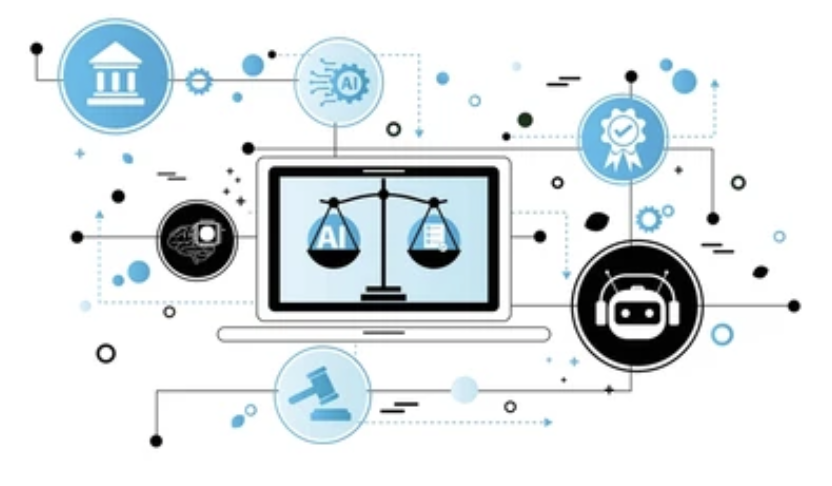


LONDON - In recent years, more and more people have been talking about the Metaverse, and its enormous possibilities.
To begin with, one should look at where the world stands today, i.e., the current uses of the metaverse and its intersection with AI and other technologies. Next, one should dig a bit deeper into some of the most complex areas in terms of privacy and data protection and identify potential areas of intervention.
Fans of Minecraft and Fortnite probably know that these sorts of games have already been dubbed ‘the metaverse’ by many. Fortnite has already hosted concerts by flesh and blood megastars like Ariana Grande and Travis Scott, and the platform also allows users to create their own world, which is a key feature of the metaverse concept. Meanwhile, Decentraland, another of the most popular virtual worlds, hosted Metaverse Fashion Week in March 2022.
Virtual worlds are rapidly becoming very popular, a trend that has been turbocharged by the pandemic. Gartner predicts that by 2026, 25 percent of the world will spend at least one hour a day in the metaverse for work, shopping, education, social and/or entertainment purposes, and that 30 percent of all organizations worldwide will have products and services ready for the metaverse.
All of this is set to boom in China in particular, where Gartner predicts that Beijing alone will see metaverse-related revenue hit USD7.3 billion by 2025. There, virtual humans will increasingly be assisting people with online banking, shopping, and travel services within the next few years. Avatars are already ubiquitous in China, where tech giant Alibaba
The content herein is subject to copyright by The Yuan. All rights reserved. The content of the services is owned or licensed to The Yuan. Such content from The Yuan may be shared and reprinted but must clearly identify The Yuan as its original source. Content from a third-party copyright holder identified in the copyright notice contained in such third party’s content appearing in The Yuan must likewise be clearly labeled as such. Continue with Linkedin
Continue with Linkedin
 Continue with Google
Continue with Google








 1627 views
1627 views









